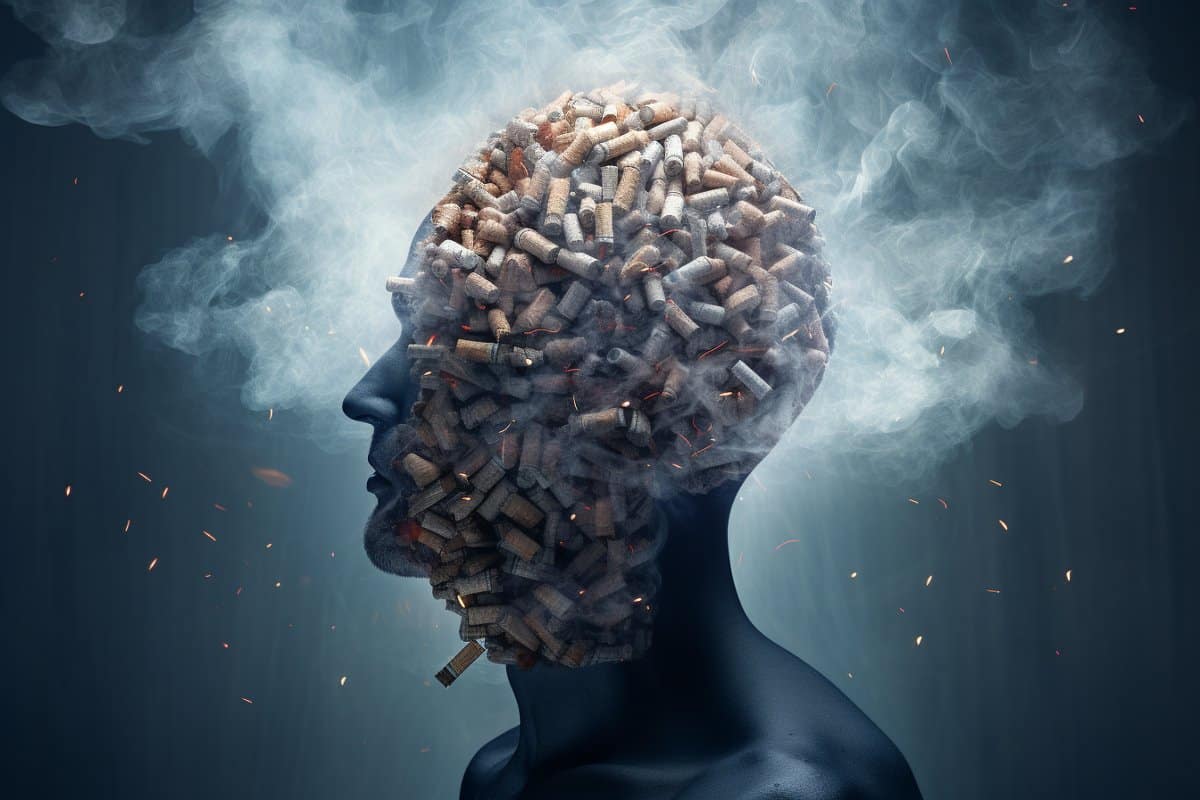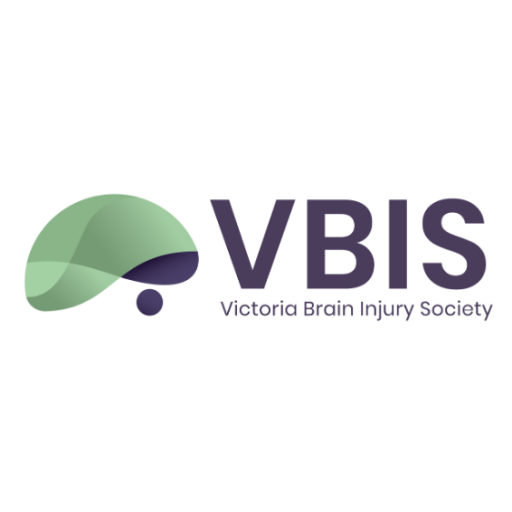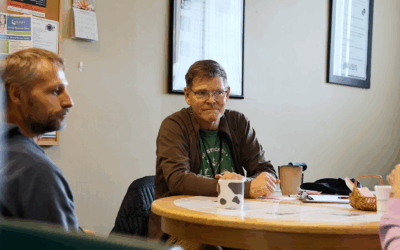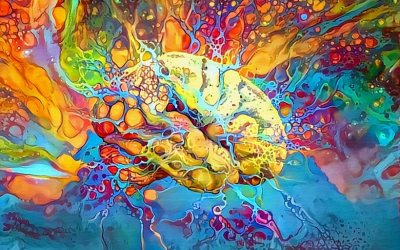
Brain health is multifaceted and can be promoted in many ways. In part 1 we looked at the role diet and physical exercise play in creating a healthy brain. in part 2 the importance of sleep and cognitive exercise. In this part we will talk about social interactions, drinking alcohol and smoking and other factors that impact brain health.
Having a vibrant social network can help to enhance mental stimulation and reduce memory decline. Our brains are actually wired to thrive in social settings. The brain has dedicated areas for processing communication, social interactions, and emotions. When we socialize and are laughing or chatting with others, these areas of our brains are working and lead to the release of neurotransmitters, like dopamine, that make us feel good and contribute to our well-being.
Engaging in stimulating and deep conversations or shared activities with others can be of further benefit. Not only can we be exposed to different perspectives and new ways of thinking, but new neural connections in our brain can also develop. These new neural pathways can help improve our cognitive abilities and lead to increases in total brain volumes. The emotional support that we receive from our social networks also contributes to a healthy brain. When we are stressed or isolated and alone, we have an increase in stress hormones. Having support during challenging times can give us a feeling of security and reduce the release of stress hormones. When we are isolated and do not have frequent social interaction our overall brain volume can decrease. Socializing doesn’t have to be only with people. Pets can be great companions and interacting with pets or animals has been shown to provide similar levels of benefit as frequent social interaction with people.
Social connections can lead to increased total brain volume.
Socializing for some people includes drinking alcohol. The Canadian low-risk alcohol drinking guidelines suggest no more than 2 drinks per day and 10 drinks per week for women and no more than 3 drinks per day or 15 drinks per week for men. However, numerous studies have found that there is no safe amount of alcohol for the brain. There are 3 specific times in our lives when alcohol has the most detrimental effects on the brain; gestation, adolescence and when we are over 65 years old. Long-term heavy alcohol use or binge drinking is particularly detrimental to brain health. Alcohol is neurotoxic, which means it is actually toxic to our brains. Drinking alcohol causes brain cells and can damage the blood vessels that supply nutrients to the brain. Alcohol can damage brain areas responsible for memory, and balance.
There is no safe amount of alcohol for the brain.
Tobacco use, such as smoking cigarettes or vaping, is also detrimental for brain health. Smoking can lead to a build-up of heavy metals that impair cognitive functions such as memory, concentration and information processing. Smoking also decreases brain volume which can lead to further cognitive decline. Tobacco use increases a person’s risk for stroke and high blood pressure. Carbon monoxide produced by cigarette smoke reduces the amount of oxygen in the blood that is available for the brain.
Some effects of alcohol and tobacco use can be repaired
The good news is that some of the effects of alcohol and tobacco use can be repaired due to brain plasticity. Areas of our brain increase in size and volume when we stop drinking. One of these areas is the hippocampus, which is important in memory. By reducing or stopping our alcohol consumption our neurons in the hippocampus can start to regenerate leading to improvements in memory. If you are interested in reducing your alcohol or tobacco use to help improve your brain health, a great first step is talking to a healthcare professional to find out what options are best for you.
By: Kianna Csolle
References:
Alzheimer’s Society: Alcohol-related brain damage (ARBD): what is it and who gets it? https://www.alzheimers.org.uk/about-dementia/types-dementia/alcohol-related-brain-damage-arbd Cleveland Clinic: Healthy Brains https://healthybrains.org/pillars/
Countryside Neurology: The Impact of Social Connections on Brain Health: Nurturing Relationships for Cognitive Well-being. https://countrysideneurology.com/the-impact-of-social-connections-on-brain-health-nurturing-relationships-for-cognitive-well-being/
Duffner, L. A., DeJong, N. R., Jansen, J. F. A., Backes, W. H., De Vugt, M., Deckers, K., & Köhler, S. (2023). Associations between social health factors, cognitive activity and neurostructural markers for brain health – A systematic literature review and meta-analysis. Ageing Research Reviews, 89, 101986. https://doi.org/10.1016/j.arr.2023.101986
Government of Canada: Low-risk Drinking Guidelines. https://www.canada.ca/en/health-canada/services/substance-use/alcohol/low-risk-alcohol-drinking-guidelines.html
Harvard Health Publishing: 3 Ways to Build Brian-boosing Social Connections. https://www.health.harvard.edu/blog/3-ways-to-build-brain-boosting-social-connections-202109082585
Medical News Today: Everything to know about how smoking affects the brain. https://www.medicalnewstoday.com/articles/smoking-effects-on-the-brain#tips-on-cessation
Mewton, L., Lees, B., & Rao, R. T. (2020). Lifetime perspective on alcohol and brain health. BMJ, m4691. https://doi.org/10.1136/bmj.m4691
Recovery Research Institute: The Brain’s Recovery from Alochol Use Disorder. https://www.recoveryanswers.org/research-post/neuroscience-of-recovery-the-brain-in-recovery/#:~:text=Some%20good%20news%2C%20some%20not,recovery%20from%20alcohol%20use%20disorders.&text=According%20to%20a%20recent%20article,others%20may%20require%20more%20work.
Topiwala, A., Ebmeier, K. P., Maullin-Sapey, T., & Nichols, T. E. (2022). Alcohol consumption and MRI markers of brain structure and function: Cohort study of 25,378 UK Biobank participants. NeuroImage: Clinical, 35, 103066. https://doi.org/10.1016/j.nicl.2022.103066



